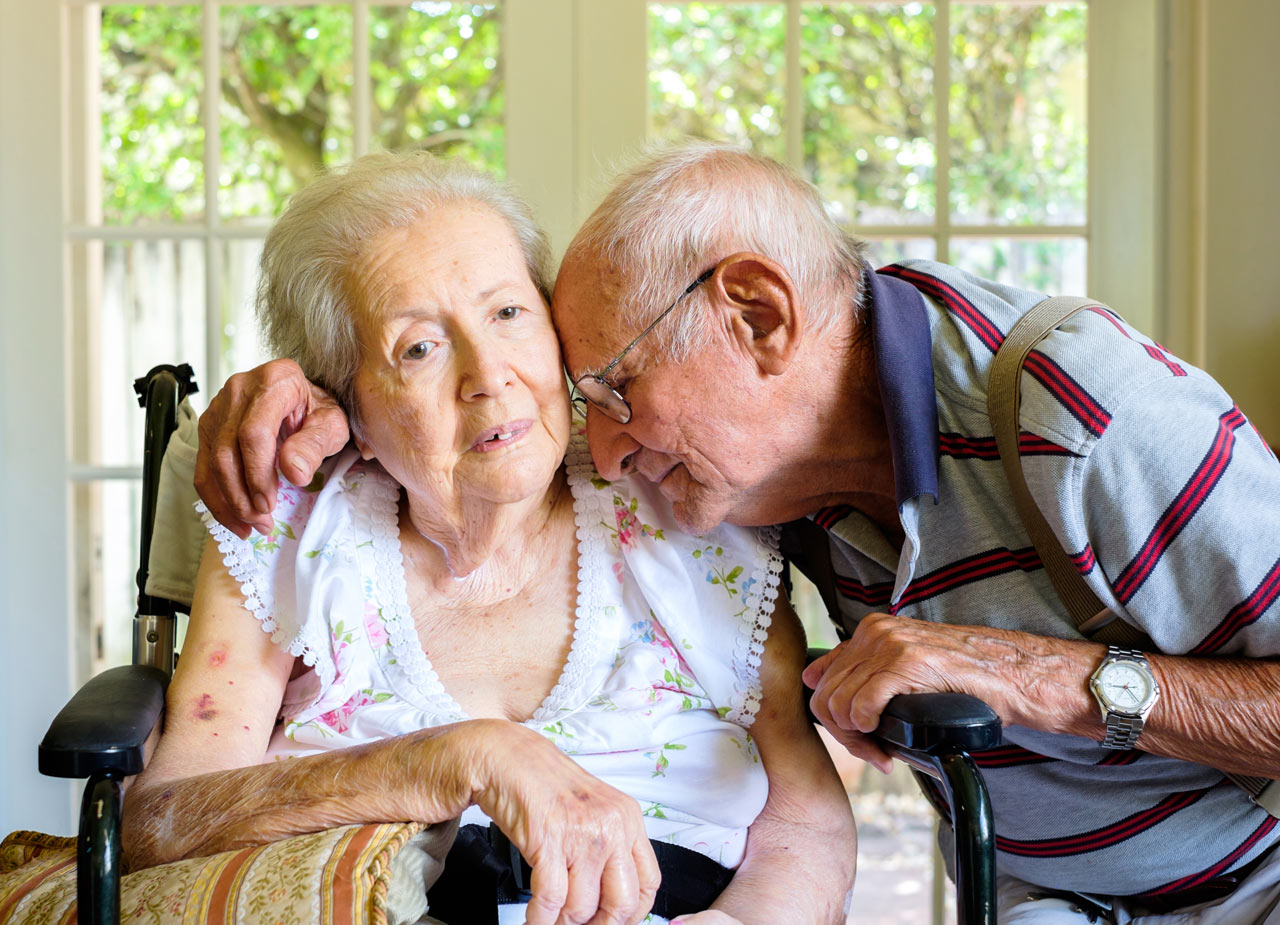Nurturing the Heart Behind the Care: Understanding the Emotional Journey of Caregiving
Most caregivers are burned out. So, what else is new? When you try to prolong life, health, mood, and medication for someone really sick or feeble, it takes ongoing energy, creativity, attention, and responsiveness.
Everyone is telling you to care for yourself. Put on the oxygen mask first so that you can tend to your patient. But how? There are not enough hours in the day nor space in the brain to do so.
Let’s remember that emotions are messengers that tell us how to live more fully. Adult emotions are not capricious; they are born of decades of self-awareness and growth. Let’s pay attention to them.
Anger is one of those emotions that build up in a caregiver. It is advisable to let the anger out to someone you trust. However, anger is rarely one-dimensional. Anger is sometimes overlaid by other emotions such as sadness. We may grieve the partner or parent we once knew as we face an impatient, obnoxious person. We may be sad about losing our lives. Looking at the sadness connected to anger may be helpful.
Anger may also relate to disgust. You may feel disgust at some of the tasks you need to perform or witness. And you may feel angry at yourself for feeling disgust at doing something for someone you care about. A recommended response is reframing the feeling. What would my BFF say to me if I expressed disgust? Wouldn’t she normalize it? Say it’s ok? Using a mental conversation with a best friend can help us let go of our very critical self-judgment and some of our anger.
Guilt is a big emotion for everyone, especially caregivers. If you begin to feel guilty, head the other way immediately. It leads to an endless tunnel you can’t get out of. When you feel guilt, it’s an indicator to focus on how well you are doing. That’s when you give yourself many pats on the back.
Love and support can co-exist with guilt and anger.
All kinds of strong emotions are normal when caregiving. Know when the self-talk and/or BFF talk are not enough. Seek professional support if the emotions are keeping you up at night or you can’t provide care for your care partner.
If you don’t open up to your emotions, you damage your resilience. Allow yourself to label your emotions and express them. Avoidance of expressing strong emotion doesn’t work in the long term. Being ok with emotional vulnerability is self-care.
Some other suggestions:
Choose your attitude. Don’t be a victim to circumstances. You have choices.
Reconnect with your authentic self. Remember and connect with what makes you you. It may be humor, art, dancing to music in the house, or playing pranks on family members.
Honor the ways you have grown through caregiving. It is inevitable to grow through the caregiving journey.
Redefine what self-care means to you. It can be anything you do to preserve your energy whether it is outsourcing tasks or getting a manicure.
Set boundaries.
Ask for and accept help immediately, even if you don’t know what you will need. Say I will tell you tomorrow or another time. You need a team for you, not just the patient.
Find community. Caregiving is very isolating; seek people or a group of people who can support you.
Based on the work of Dr. Allison Applebaum, Director of the Caregivers Clinic, housed within the Memorial Sloan Kettering Counseling Center which provides psychosocial support to caregivers. She is a psychologist by training and was a caregiver for her parent.
Caring Professionals Home Care Resources are available to read here:






